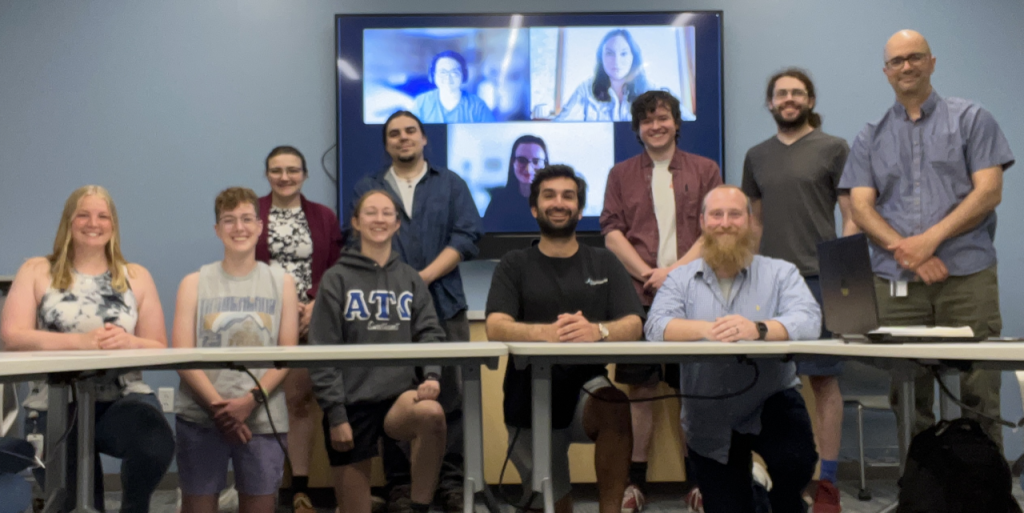CompuMAINE Lab
Computational Modeling, Analysis of Imagery and Numerical Experiments

The CompuMAINE lab is an image and signal processing, analysis, and modeling laboratory located at the University of Maine flagship campus. It was founded by Dr. Andre Khalil.
By developing and implementing novel signal processing & image analysis techniques, and computational modeling, CompuMAINE integrates mathematics, physics, artificial intelligence, machine learning, data mining, and computational engineering approaches to study a wide variety of applications. Focused research projects are centered on radiomics, a new field of medical study that aims to extract large amounts of quantitative features from medical images using data-characterization algorithms. Applications include Medicine (cancer, neuroscience, muscular dystrophy), Biophysics (neuro-development, cell nucleus architecture), Biomedical Engineering (artificial bone implants, protein modeling, astrobiology), Physics / Geophysics / Astrophysics (climate change, surface science, solar physics, interstellar medium, cosmology), and Pure Mathematics (fractal structures in Pascal’s Triangle).

grant alert!!!
We were recently rewarded a 3-year $440K grant from the National Cancer Institute (start date January 15th, 2025), titled “Multiscale anisotropy analysis of breast tissue subtypes from mammography and pathology”. This work is mostly centered on CompuMAINE lab’s work on the computational analyses of mammograms, but we also successfully proposed an extension of this work to breast tissue analyses from biopsies.
Internships
The CompuMAINE lab is always looking for new student interns. Click the button below to view our internship form!
Publications

Abstracts

